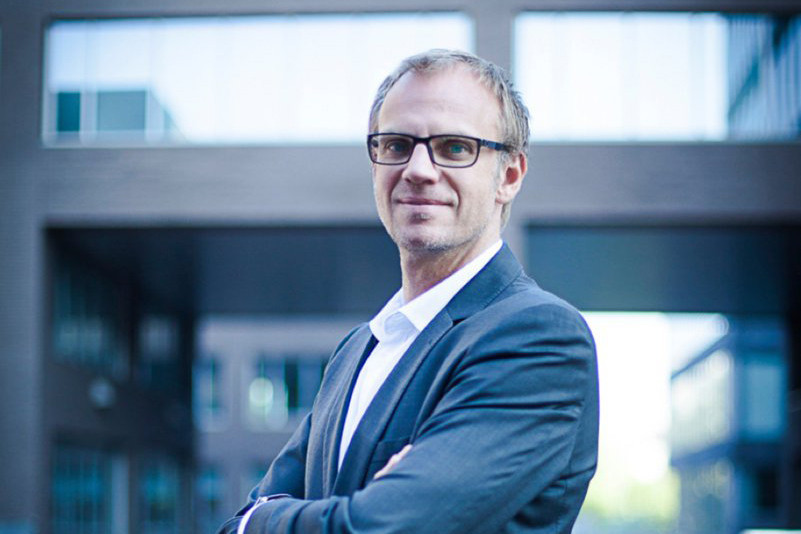What improvements to Luxembourg’s international transport connections would you make?
– “A high-speed railway line connecting Luxembourg to Brussels. As a commuter between the two cities, I can tell by experience how frustrating it is that the car is still the fastest means of transport between the two places.
What lessons about mobility from the pandemic and lockdown can we learn?
“Many. The first and most important one is that under certain circumstances, people’s behaviour can change at a speed and to an extent that are hard to imagine in normal times. In this occasion, the driver was feared, but we must work towards a future in which the people will accept to change their mobility behaviour for good reasons. A lot of LIST’s work focuses on this aspect, trying to collect and use data to make the hidden consequences of our individual choices more visible and understandable, and to unveil their real impact on our health (think of air pollution), the economy (think of the value of time lost in traffic jams), the environment (think of global warming), etc.
Is the free public transport experiment working?
“I think that it worked spectacularly in terms of the message that it sent to our community: we need to analyse the costs of mobility taking into account their externalities. If we compute the ones that I mentioned before (pollution, congestion, etc.), the economic equation looks very different from what one could expect. Too many people ignore these hidden variables. Not by chance, the experiment proved to be a spectacular marketing campaign for Luxembourg as a smart nation, attracting lots of attention from the international press.
Considering that we have been under a lockdown and working from home since shortly after the beginning of the experiment, I think it is fair to say that it is too early to measure the actual impact on the mobility flows, and that we will know more on that when, hopefully soon, we will be able to get rid of this pandemic.”
